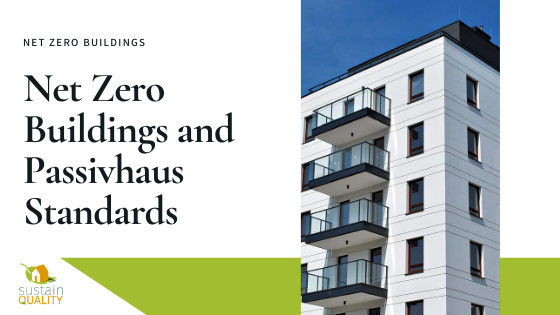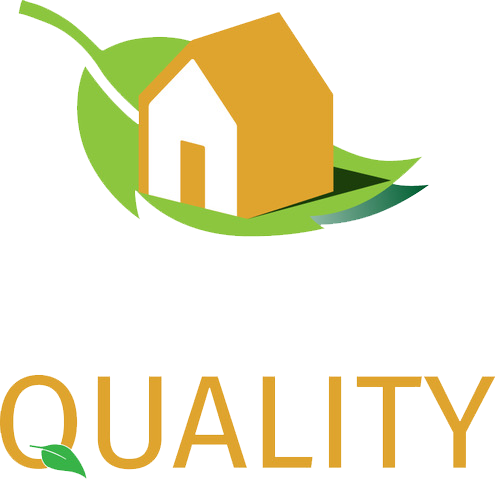There is a clear drive to reduce carbon emissions within the built environment across the UK. According to The UK Green Building Council’s 2019 document, Net Zero Carbon Buildings: A Framework, global emissions must be almost halved by 2030 and eliminated completely by 2050.
One of the methods designed to achieve this goal is Passivhaus, a design and construction standard for buildings that relies on principles developed in Germany. This article explores some key terms around the Passivhaus standard.
What is a Passivhaus Building?
Built with meticulous attention to detail and rigorous design and construction principles, Passivhaus buildings provide high levels of comfort for the occupant whilst using very little energy for heating and cooling.
According to its website, the definition of Passivhaus is driven by air quality and comfort: “A Passivhaus is a building in which thermal comfort can be achieved solely by post-heating or post-cooling the fresh air flow required for a good indoor air quality, without the need for additional recirculation of air.” – Passivhaus Institut (PHI)
How to Achieve the Passivhaus Standard in the UK
To achieve the Passivhaus Standard, buildings should be designed using the Passivhaus Planning Package (PHPP) which can be accessed here.
Fundamentally, Passivhaus standard buildings should involve the following within their construction:
- High levels of insulation
- High performance windows with insulated frames
- Airtight building fabric
- Thermal bridge free construction
- A mechanical ventilation system with highly efficient heat recovery
Want to Implement Passivhaus? Things You Should Consider
Many agree that implementing Passivhaus during the design phase of any construction project is the best way to ensure maximum results.
But, what if you’re aiming to implement Passivhaus within your organisation? After all, it is a great way to adopt the Environment, Social and Governance (ESG) timeframe to be more attractive to investors…
Implementing Passivhaus will require your organisation to have a designated leader: someone responsible for maintaining the ventilation system, keeping an eye on the filters and even knowing when to open the windows.
If you’re thinking about implementing Passivhaus within your organisation, why not contact a consultant here at Sustain Quality today?
Reducing Carbon Emissions During the Design Phase
If you’re an architect responsible for the specification of materials within the construction phase of a built project, the Passivhaus Trust publication Passivhaus: the route to zero carbon? suggests that significant improvements can be made through close attention to design:
“The emissions associated with heating/cooling can be significantly reduced by amending the building design.”
The report goes on to suggest that the net emissions can also be reduced by using heat pumps which, given the increasing de-carbonisation of the electricity grid, now result in significantly fewer emissions than a gas boiler equivalent.
How Can Sustain Quality Help You?
According to compelling scientific reports, we have limited time left to reduce emissions before we witness a catastrophic rise in global temperatures.
Reducing the emissions of our buildings is vital, particularly if the UK is to make a meaningful contribution, and even lead by example.
To help you achieve your sustainability and compliance solutions for both commercial and residential sectors, talk to one of our engineers today.
We help organisations to maximise the environmental, social and governance (ESG) value of their buildings with a sustainability strategy that can be measured and improved over time.
Want to find out more? Fill in the form below and an expert will be in touch soon!
About Us
Our friendly team of engineers deliver sustainability and compliance solutions for developments in the commercial and residential sectors. We help organisations to maximise the environmental, social and governance (ESG) value of their buildings with a sustainability strategy that can be measured and improved over time.
Contact us at:
Sustain Quality Ltd
PO Box 393
COBHAM
KT11 3EL
info@sustainquality.co.uk
01372 438039






